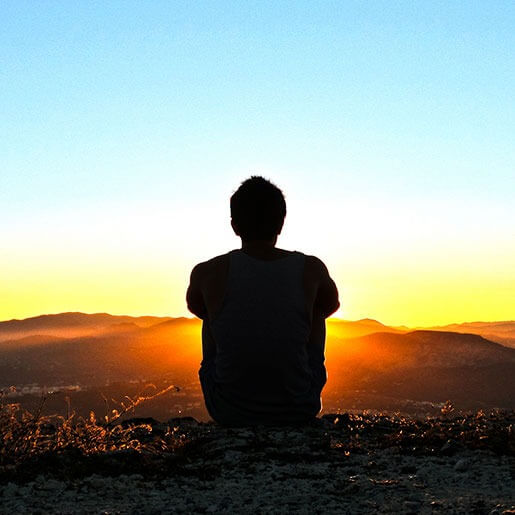- Understanding Spirituality and Religion:
Spirituality can be thought of as a deeply personal and individual journey of seeking meaning, purpose, and connection with the divine or a higher power. It often involves exploring our inner selves, embracing universal principles, and finding our unique path to transcendence. Religion, on the other hand, is a structured system of beliefs, rituals, and practices that are shared within a community. It provides a framework for worship, moral guidance, and spiritual growth.
- The Unity of the Universe:
At the core of spirituality is the recognition of the interconnectedness of all things, including ourselves, nature, and the universe. It’s about acknowledging that we are part of something greater than ourselves and that our individual journeys are intertwined with the cosmic tapestry. By tapping into this unity, we can draw inspiration, guidance, and a sense of awe from the vastness of the universe.
- Expanding Perspectives and Seeking Universal Truths:
Spirituality invites us to explore diverse perspectives and seek universal truths that transcend religious boundaries. While religions may have their specific dogmas and rituals, spirituality encourages us to look beyond those differences and find common threads that resonate with our souls. It’s about embracing the wisdom found in various traditions and using it to deepen our understanding of ourselves and the world around us.
- Utilizing Cosmic Symbols and Practices:
The universe, with its celestial bodies, natural phenomena, and cosmic energy, offers a wealth of symbols and practices that can enrich our spiritual journeys. Whether it’s contemplating the beauty of a starry night sky, harnessing the energy of the moon phases, or aligning ourselves with the rhythms of nature, we can draw inspiration and guidance from the vastness of the cosmos. These practices can complement religious rituals, providing a broader perspective and a deeper connection to the divine.
- Personal Experience and Inner Transformation:
Spirituality encourages personal experience and inner transformation as a means of connecting with something greater than ourselves. It invites us to cultivate mindfulness, engage in self-reflection, and develop a deeper awareness of our thoughts, emotions, and actions. Through practices such as meditation, prayer, or contemplation, we create space for a direct and personal experience of the divine, transcending the limitations of dogma and doctrine.
- Embracing Unity in Diversity:
In the realm of spirituality, there is room for diversity and respect for various religious paths. It’s about recognizing that each individual’s journey is unique and valid, and that there is no one-size-fits-all approach to spirituality. By embracing unity amidst diversity, we create a space where different religious beliefs and practices can coexist harmoniously, fostering understanding, compassion, and collective growth.
Conclusion:
Spirituality and religion need not be seen as opposing forces; rather, they can complement each other on the journey towards deeper connection and meaning. By embracing the unity of the universe, exploring universal truths, utilizing cosmic symbols and practices, and fostering personal transformation, we can integrate spirituality and religion. In doing so, we open ourselves up to a broader understanding of the divine, nurturing our souls and embracing the vastness of the cosmos as we embark on a fulfilling spiritual journey.




